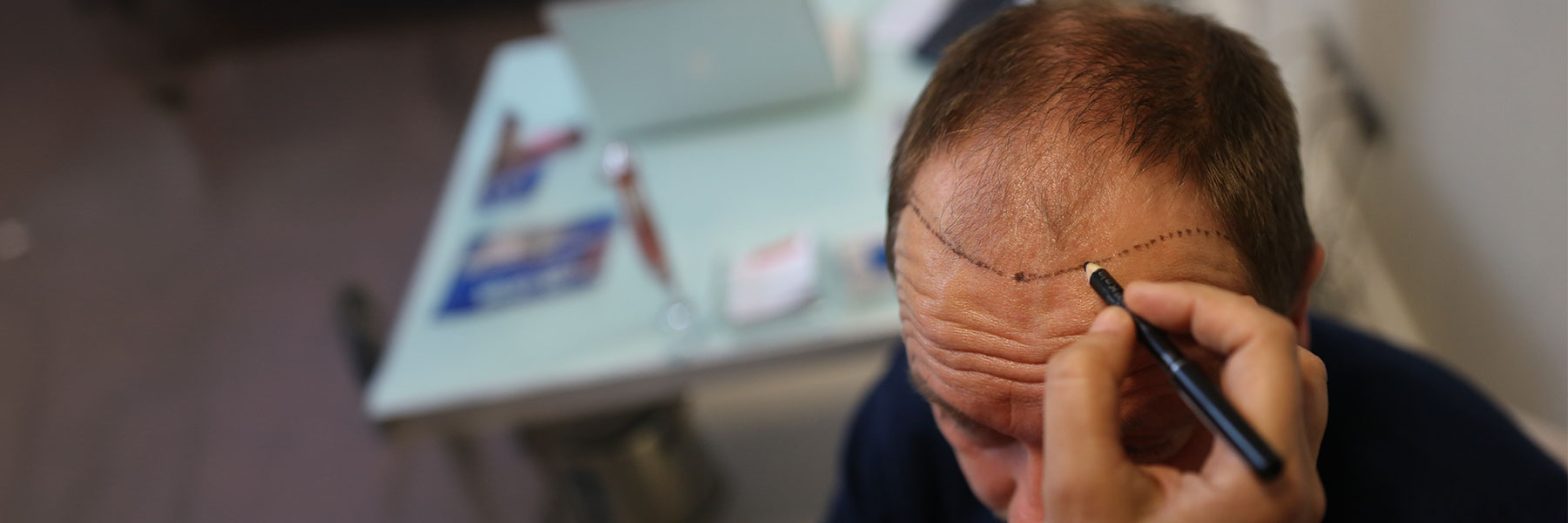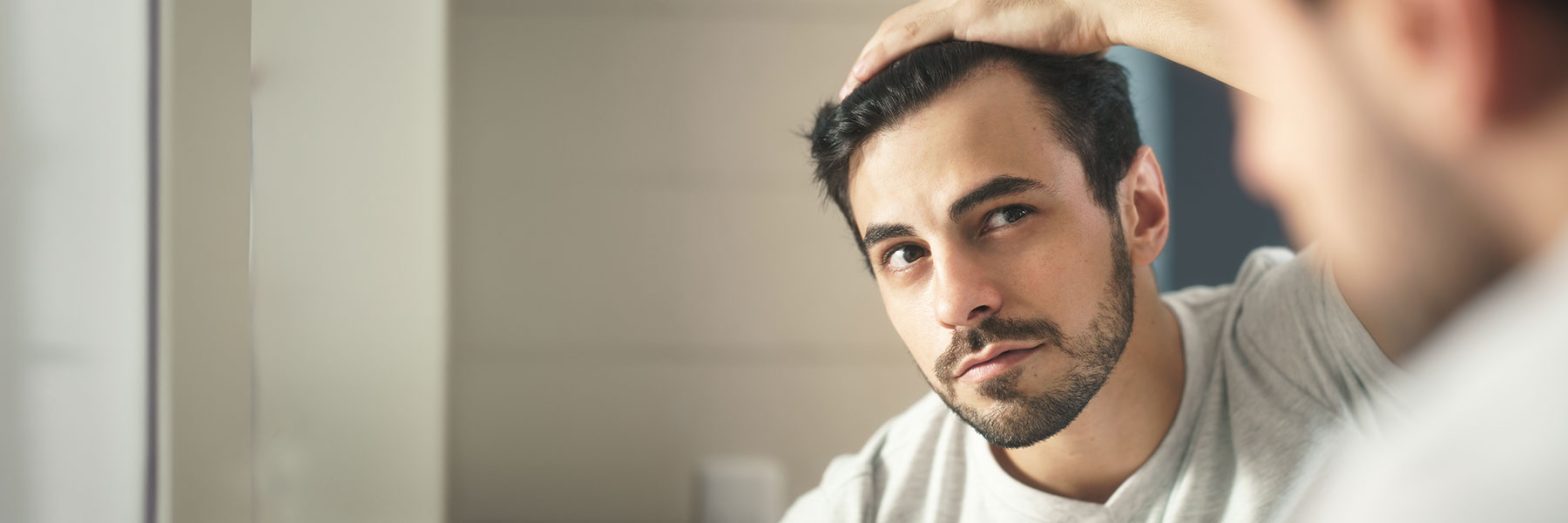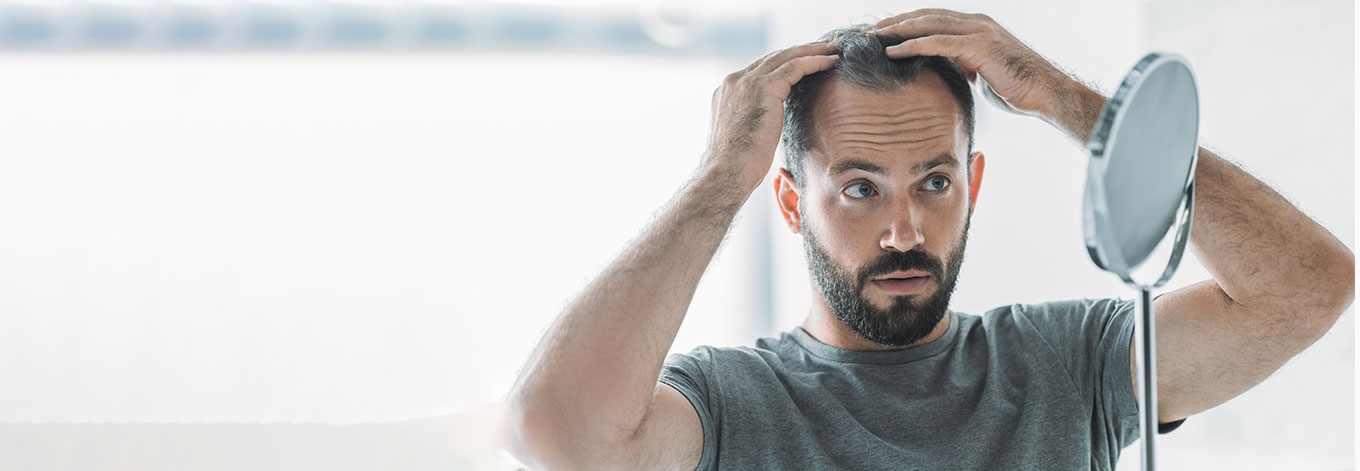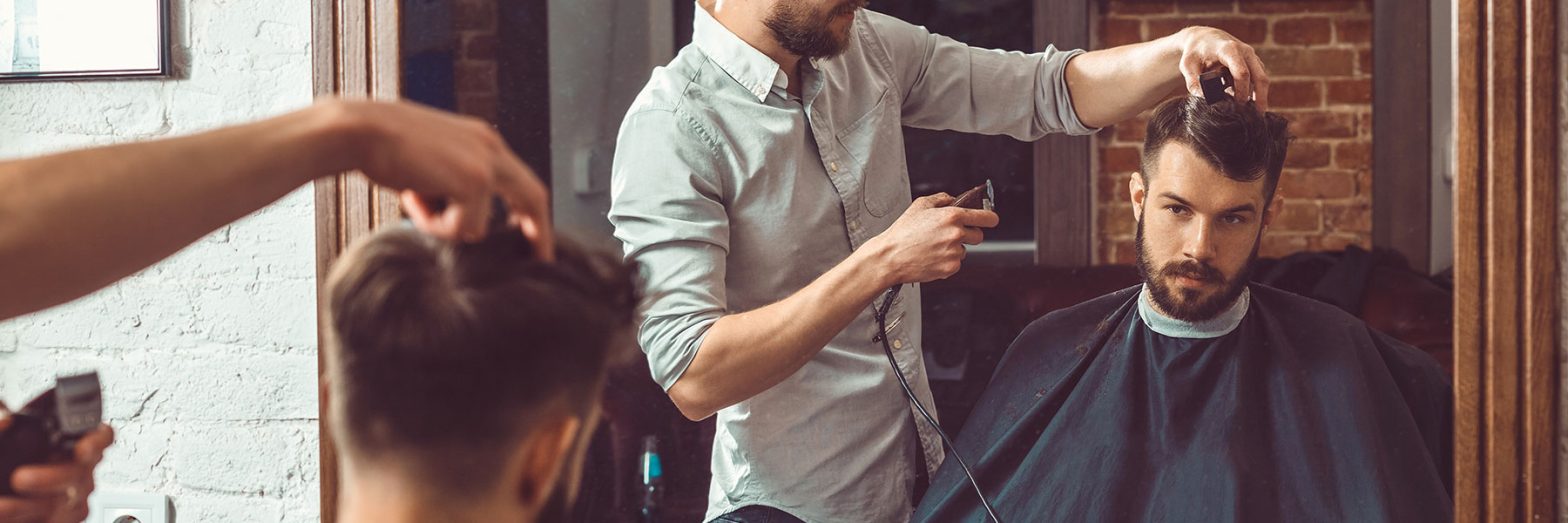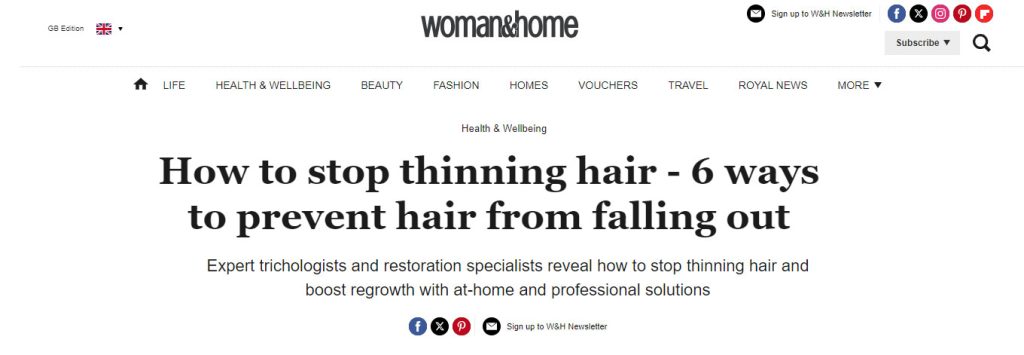
How to stop thinning hair
HAIR LOSS & HAIR TRANSPLANTS
Thinning hair can be a troublesome condition that many women experience. There are numerous causes for hair thinning which is why any hair loss treatment should be specific for you to not only restore the hair but to reduce thinning too.
Hair loss experts from The Private Clinic spoke to Woman & Health to give their professional advice on what treatments may be suitable for someone suffering with thinning hair.
The good news is that hair thinning can be treated. “Treatment for female hair loss needs to be targeted and completely individual to the specific diagnosis and any scalp issues that may be triggering it,” says hair restoration specialist Michael Mouzakis, of The Private Clinic.
Get Professional Help
We offer comprehensive consultations with our hair loss experts who will work with you to find the source of your hair loss before suggesting any kind of treatment.
Keep an eye on your diet
What you eat is key for your body and hair health. If you are lacking vitamins, this could be a cause of hair thinning. A diet that is rich in vitamins and minerals – particularly iron and biotin will help to support the health of your hair.
Gentle Hair Care
One of the first steps to take when learning how to stop thinning hair is to treat your hair more carefully when you wash and style it, using products kinder to the proteins in your hair, such as the best shampoo for fine hair and conditioners for thinning hair.
Hair Loss Experts from The Private Clinic, said: “Look for a gentle hair brush that is kinder to the hair and scalp. Avoid hot showers, use lukewarm water instead. Hot water can dry and strip the scalp of its natural oils and avoid over-washing it too.”
Medication
You may be recommended to try certain hair loss medications if you want to know how to stop thinning hair quickly. These can both prevent further loss and may help your hair regrow.
“Understanding the causes of hair loss is the best way to determine which type of hair loss treatment or medication will be most effective. More of us are becoming aware of the increasing number of treatments and solutions to treat hair loss and thinning, like medication, shampoos, lotions, and dietary supplements,” says Mouzakis.
“While these may help some patients, there are two types of hair thinning medication with proven results. These are finasteride and minoxidil,” he says. Minoxidil is a foam or solution put on the scalp to stimulate hair regrowth in women with female-pattern hair loss. Finasteride is a tablet-based medication traditionally used to treat male-pattern hair loss.
However, medications like these are not available on the NHS when prescribed for hair loss.
PRP Therapy
Platelet-rich plasma (PRP) therapy can promote hair growth in areas where you’ve experienced hair thinning. The process involves taking a small amount of blood and separating it in a centrifuge.
“The platelet-rich plasma contains stem cells and growth factors separate from your blood. This is then injected into the scalp. The growth factors can then stimulate the activity of the hair follicles and promote hair growth,” says Mouzakis.
The obvious downside of this type of treatment is that it doesn’t come cheap, with a single session costing up to £500. It may take three or four sessions before you notice a difference, taking the bill into the thousands.
Take Vitamin D
Vitamin D is a very important vitamin that many of us are low on. Vitamin D is not only great for bone and skin health – it can help you get healthier hair too. It is best to consult with your doctor or pharmacist before taking Vitamin D as too much Vitamin D can cause health issues.
Female Hair Transplant
A hair transplant is another more drastic way of stopping your hair from thinning but Mouzakis says for some women it might be the best way of restoring areas where hair has been lost.
“A female hair transplant procedure should only be performed once the cause of hair loss has been established,” he says. “This often requires the patient to have a consultation with a Hair Loss specialist before a Hair Transplant Surgeon. They will be able to identify the source of hair loss and advise whether or not restoration surgery is a good option and likely to be successful.”
A hair transplant surgeon with experience in this type of procedure should do this procedure, so always research the qualifications of your practitioner before booking an appointment.
[…]





